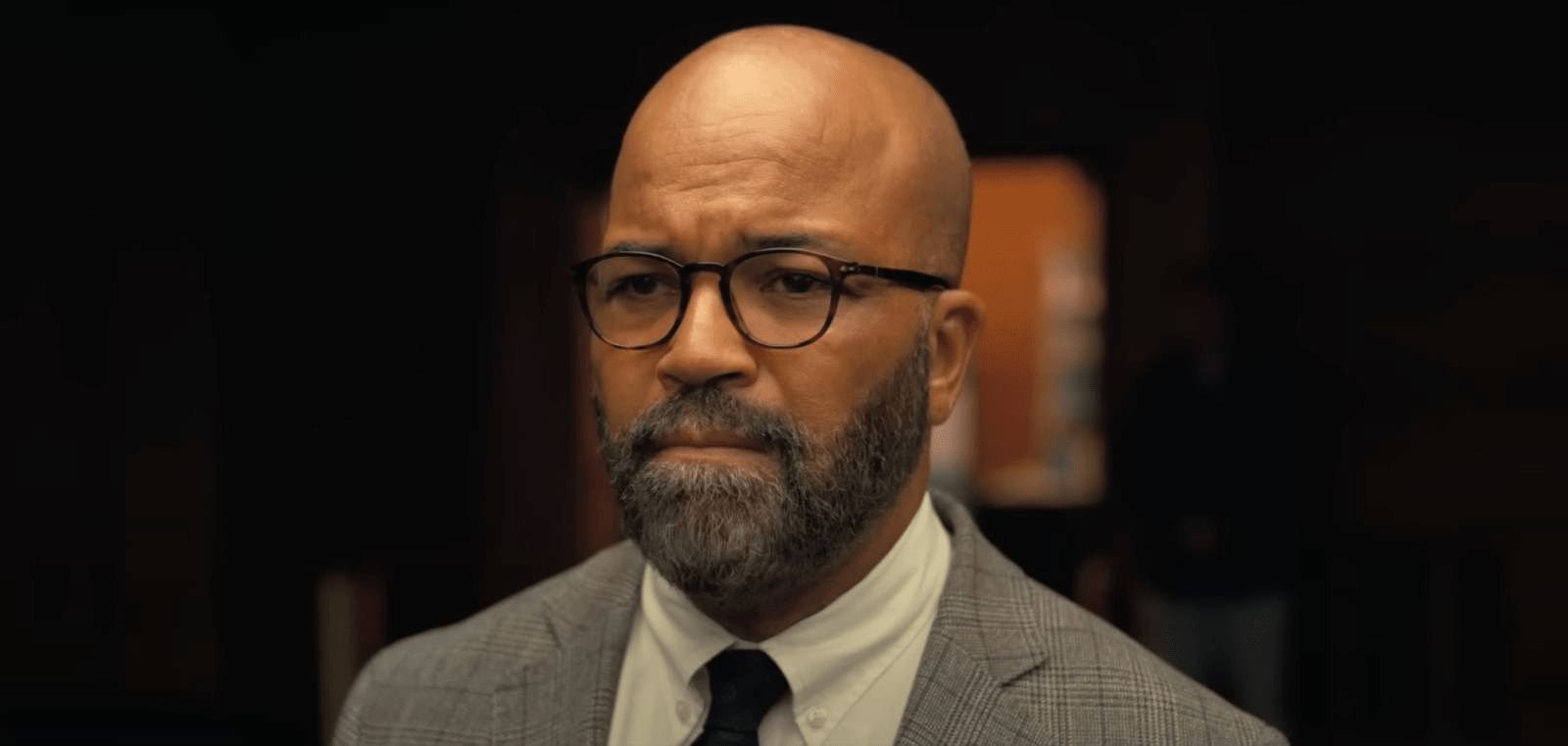Welcome to our deep dive into the captivating conclusion of American Fiction, a series that has undeniably etched its mark on the TV landscape. As we unpack the final chapter of this beloved show, we’ll explore the intricate details that brought this narrative to a close, leaving fans and critics alike with much to ponder.
Initial Reactions to the Finale
The American Fiction final episode sparked a myriad of emotions across its audience base. The anticipation that built up over the seasons culminated in a finale that left some satisfied and others yearning for more. Critics, too, had their say, with some like Eliana Dockterman commenting on certain predictable plot points, while others pointed out areas where emotional depth and resolution were lacking. Nonetheless, the episode became a talking point for its bold storytelling choices.
Main Characters Find Their Endings
The journey of American Fiction main characters’ resolutions was a complex weave of growth and realizations. For instance, Ted’s arc closed with him embracing his role as a father and facing his responsibilities head-on—a narrative steeped in themes of fatherhood and escapism. Meanwhile, Rebecca’s storyline was met with mixed feelings; her maternal role culminated in an encounter that some found clichéd. These conclusions were not just about tying loose ends but also about reflecting on the characters’ evolution.
Twists That Shaped the Finale
American Fiction plot twists and reveals were at the heart of the final episode’s impact. The revelation of Ted’s mentor being part of a conspiracy was one such twist that added layers to the narrative, as noted by critics such as Judy Berman. These twists didn’t just serve as shock value; they were pivotal in defining character arcs and pushing the story to its thematic limits.


Thematic Threads Tied Up
The series didn’t shy away from complex themes, and American Fiction thematic closure was handled with care in many respects. The themes of fatherhood and escapism reached a resolution through Ted’s choices, while Rebecca’s storyline raised questions about how effectively her story addressed maternal themes. A book critic once said, Cover Story’s unique blend of suspense and social commentary sets it apart from other novels in the genre, making it a standout read for both casual readers and literary enthusiasts
, highlighting how well-executed themes can elevate a story.
Potential Implications for American Fiction’s Future
The American Fiction future implications are hinted at through open-ended elements and cliffhangers. Judy Berman pointed out that Ted and Michelle’s relationship left us with questions, suggesting potential storylines that could be explored. As viewers ponder what might lie ahead for these characters, we’re reminded that sometimes it’s not just about where they’ve been, but where they could go next.


In summary, while the ending of American Fiction has certainly given us plenty to talk about, its true legacy lies in how it has resonated with its audience. From character arcs to thematic explorations and bold narrative choices, this series has offered a rich tapestry for viewers to engage with—leaving an indelible mark on the realm of television storytelling.

